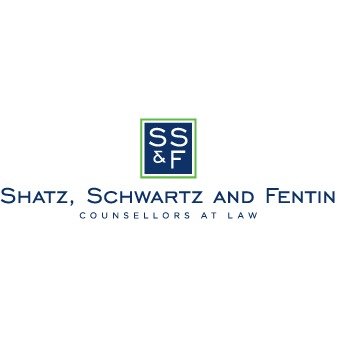Best Land Use & Zoning Lawyers in Northampton
Share your needs with us, get contacted by law firms.
Free. Takes 2 min.
Free Guide to Hiring a Real Estate Lawyer
List of the best lawyers in Northampton, United States
About Land Use & Zoning Law in Northampton, United States
Land use and zoning law in Northampton, United States, governs the use and development of real property. The purpose is to ensure a safe, orderly, and efficient urban development while protecting property values and rights. The regulation also caters to the sustainability and conservation of the environment by zoning certain areas for green spaces, agriculture, or restricted development. Northampton has a comprehensive zoning ordinance that categorizes land into residential, commercial, industrial, and agricultural zones, with specific regulations foreshadowing what activities can take place in each zone.
Why You May Need a Lawyer
If you are involved in a real estate development project, wish to challenge a zoning decision or a permit denial, or need to understand the potential usage of a property, you may require legal assistance. Expert lawyers can provide advice on zoning regulations, secure necessary permissions from agencies, and represent your interests in court if there are disputes. Understanding and navigating the complex land use and zoning laws in Northampton can be challenging without legal expertise.
Local Laws Overview
The city of Northampton has distinct zoning ordinances specifying land use regulations for each different zoning district. The local laws include residential, business, general industrial, and special industrial districts. Besides, there are specific regulations for floodplain, watershed protection and other overlay districts. The zoning laws also outline the permitting process for making alterations to a land parcel, which involves obtaining approvals from the Zoning Board of Appeals and Planning Board.
Frequently Asked Questions
Is it possible to change the zoning of my property?
Yes, it is possible through the process called rezoning. It involves an application to the city council and you may need a lawyer to guide you through it.
Can I construct a commercial building in a residential zone?
Typically, commercial activities are not permitted in residential zones. However, exceptions can sometimes be made if you obtain a special permit or variance from the zoning board.
What are the penalties for violating zoning laws?
The penalties may involve fines, injunctions, or even criminal penalties. You may also be required to restore the land to its previous condition at your own cost.
What is the role of a zoning board in Northampton?
The Zoning Board of Appeals in Northampton interprets zoning laws and grants variances. They also decide on appeals made against the decisions of the building inspector or other administrative officials.
Where can I access the zoning map of Northampton?
The zoning map of Northampton can be accessed online through the city's official website or at the city's planning and sustainability department.
Additional Resources
The Northampton Planning & Sustainability Department and the Zoning Board of Appeals are key local resources. The Massachusetts Association of Conservation Commissions (MACC) and the American Planning Association Massachusetts Chapter (APA-MA) are both valuable resources for understanding state and local zoning laws. The town's official website also provides updates and detailed information on this topic.
Next Steps
If you require legal assistance, you should consider consulting with a local lawyer specializing in land use and zoning. Additionally, verify the zoning restrictions for your property or proposed project with Northampton’s Planning & Sustainability Department to ensure your plans are in line with the current regulations.
Lawzana helps you find the best lawyers and law firms in Northampton through a curated and pre-screened list of qualified legal professionals. Our platform offers rankings and detailed profiles of attorneys and law firms, allowing you to compare based on practice areas, including Land Use & Zoning, experience, and client feedback.
Each profile includes a description of the firm's areas of practice, client reviews, team members and partners, year of establishment, spoken languages, office locations, contact information, social media presence, and any published articles or resources. Most firms on our platform speak English and are experienced in both local and international legal matters.
Get a quote from top-rated law firms in Northampton, United States — quickly, securely, and without unnecessary hassle.
Disclaimer:
The information provided on this page is for general informational purposes only and does not constitute legal advice. While we strive to ensure the accuracy and relevance of the content, legal information may change over time, and interpretations of the law can vary. You should always consult with a qualified legal professional for advice specific to your situation.
We disclaim all liability for actions taken or not taken based on the content of this page. If you believe any information is incorrect or outdated, please contact us, and we will review and update it where appropriate.








